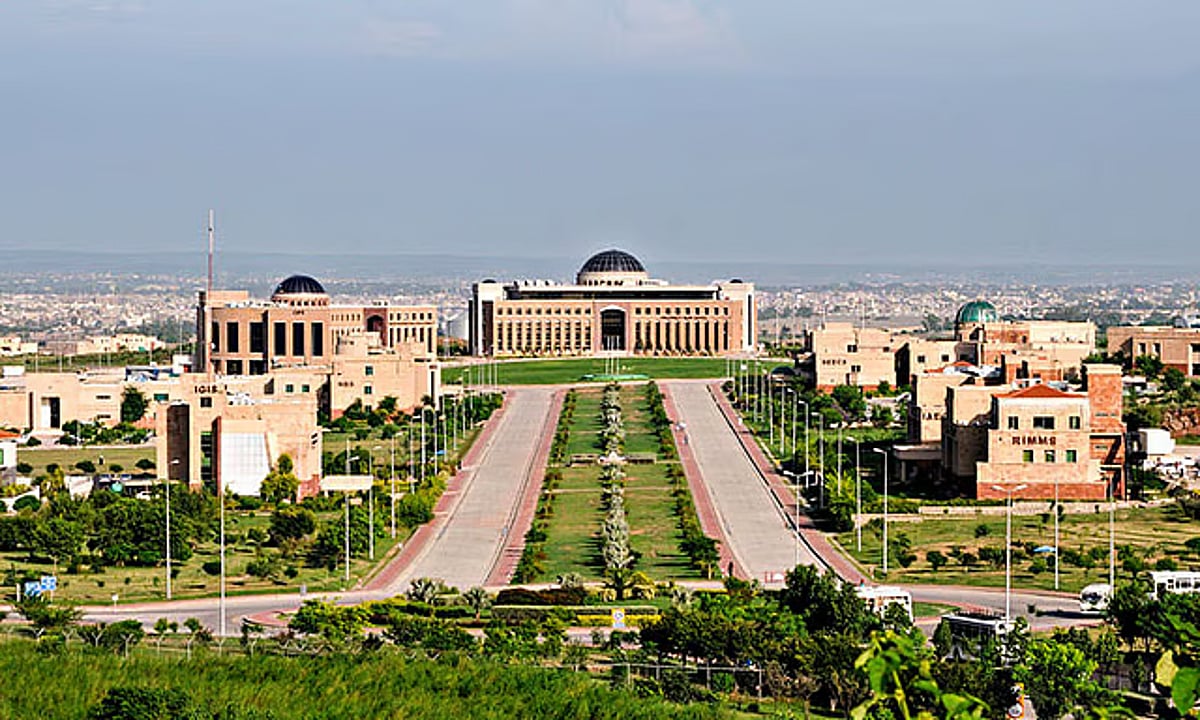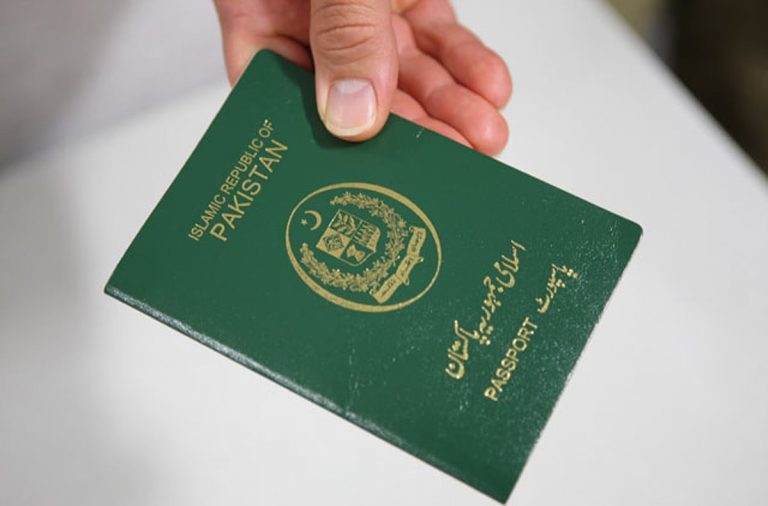Pakistan’s 48 Universities in 2026 World Rankings
Pakistan’s higher education landscape is experiencing significant growth, as evidenced by the latest Times Higher Education (THE) World University Rankings for 2026. With 48 universities making the list, the country is showcasing its academic potential on a global stage.
Leading Institutions
Quaid-i-Azam University (QAU) stands out as the top institution in Pakistan, ranked in the 401–500 band. Following closely are several universities that have made notable strides in their rankings. Air University, COMSATS University Islamabad, and the National University of Sciences and Technology (NUST) are all positioned within the 601–800 range. This upward trend reflects a commitment to enhancing educational quality and research output.
Other universities, including the Lahore University of Management Sciences (LUMS), Punjab University, and the University of Engineering and Technology (UET) Taxila, are ranked in the 801–1000 band. This indicates a growing recognition of their contributions to higher education, although there remains ample opportunity for further improvement.
Overview of Rankings
The 2026 rankings evaluated a total of 2,191 universities from 115 countries, highlighting the competitive nature of global higher education. The rankings are based on 18 indicators across four main areas: teaching, research, knowledge transfer, and international outlook. This comprehensive evaluation provides a clear picture of each institution’s strengths and areas for growth.
Rankings Breakdown
– **401–500 Band**: Quaid-i-Azam University, Islamabad – **601–800 Band**: Bahauddin Zakariya University, Air University, COMSATS University Islamabad, Government College University Faisalabad, NUST, Sukkur IBA, University of Lahore, University of Veterinary and Animal Sciences, Lahore – **801–1000 Band**: LUMS, Punjab University, UET Taxila, Government College University Lahore, GIK Institute, IIUI, Iqra University, Islamia University Bahawalpur, UMT, University of Central Punjab, University of Gujrat, University of Malakand, and others – **1001–1200 Band**: Bahria University, Hazara University, Institute of Space Technology, PMAS Arid Agriculture University, Riphah International University, UET Peshawar, University of Education, and University of Okara – **1201–1500 and Beyond**: Eight additional institutions are featured in the lower bands.
Globally, Oxford University continues to hold the top position for the tenth consecutive year, with Stanford and Princeton sharing the third spot. Notably, China has five universities in the top 40, while India has achieved its best performance, ranking second in the number of universities featured, just behind the United States.
Institutional Efforts
The Vice Chancellor of Bahauddin Zakariya University, Prof Dr Zubair Iqbal, attributed the institution’s significant leap of 400 points to the collective efforts of faculty and staff. He emphasized the importance of enhancing research quality and attracting new projects, stating, “We’ve provided strong incentives to our faculty to pursue impactful research.”
FAQs
How many universities from Pakistan are ranked in the 2026 World Rankings?
A total of 48 universities from Pakistan are featured in the 2026 Times Higher Education World University Rankings.
What criteria are used to rank universities?
The rankings evaluate universities based on 18 indicators across four main areas: teaching, research, knowledge transfer, and international outlook.
Which university is the highest-ranked in Pakistan?
Quaid-i-Azam University (QAU) is the highest-ranked university in Pakistan, positioned in the 401–500 band.
Conclusion
The inclusion of 48 Pakistani universities in the 2026 World Rankings marks a significant achievement for the country’s higher education sector. As institutions strive to improve their research capabilities and educational quality, there is potential for even greater recognition on the global stage. Continued investment in academic excellence will be crucial for maintaining this upward trajectory.
The growth of Pakistani universities in the global rankings reflects broader trends in higher education, where institutions are increasingly focusing on research and international collaboration. This shift is essential for enhancing their global competitiveness and attracting foreign partnerships, which can lead to improved funding and resources.
Moreover, the rise in rankings can also be attributed to government initiatives aimed at strengthening the higher education sector, including increased funding for research projects and infrastructure development. These efforts are designed to create an environment conducive to academic excellence, fostering innovation and skill development among students and faculty alike.
As universities continue to adapt to the evolving demands of the global education landscape, their ability to produce high-quality research and graduates will be pivotal in securing their positions in future rankings. The ongoing commitment to improvement and collaboration will play a significant role in shaping the future of higher education in Pakistan.
Also Read:
Dubai RTA Launches New Projects for Traffic Management






